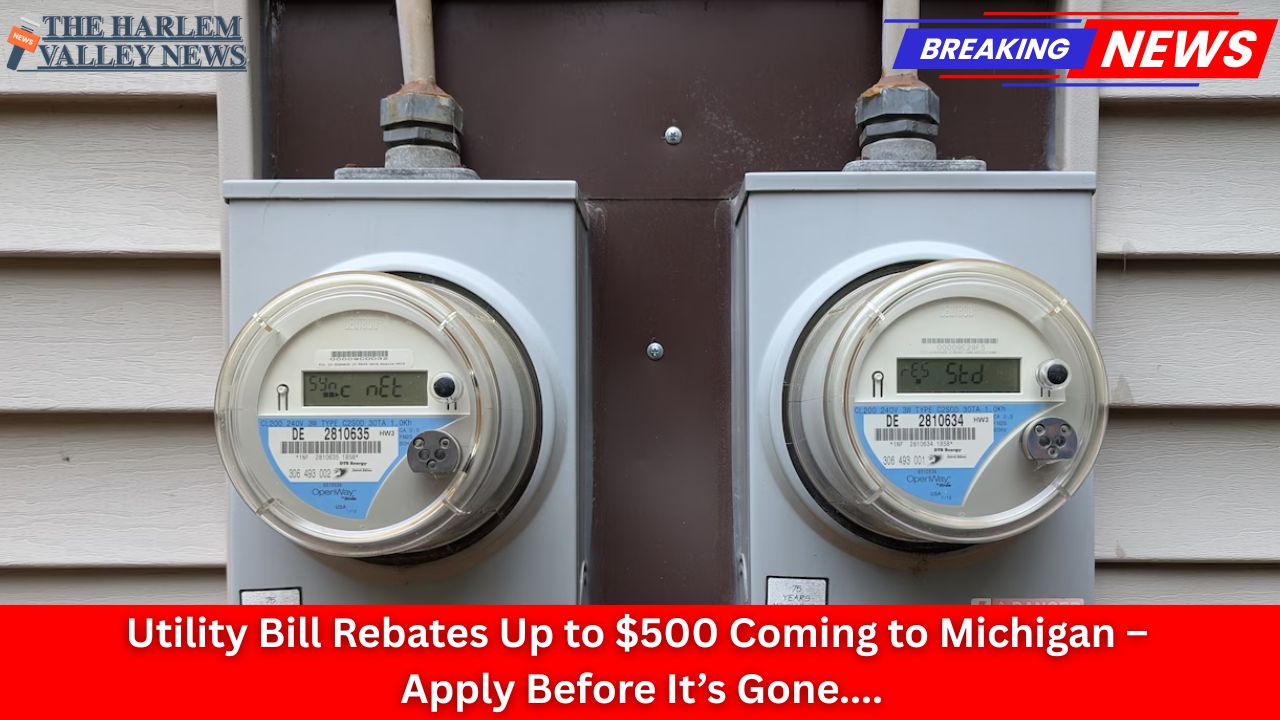Navigating rental regulations in New Jersey can be challenging due to the state’s unique approach: there is no statewide rent control law. Instead, each municipality adopts its own rent increase rules, creating a patchwork of local ordinances that govern how—and how much—landlords can raise rents. This setup places extra responsibility on renters to know not just state law, but local protections, especially in cities like Newark, Jersey City, Elizabeth, Paterson, Lakewood, and Bayonne.
How Rent Increases Work in New Jersey
The Absence of a Statewide Cap
Unlike California or New York, New Jersey provides landlords with flexibility unless governed by local laws. For properties not covered by local rent control, landlords can generally raise the rent as they wish, provided they follow proper notice procedures and don’t discriminate.
Local Rent Control Ordinances
Around 117 municipalities in New Jersey have developed rent control measures. Most renters in major cities are protected, and these local laws keep annual rent increases between 2% and 6% on average. For instance:
-
Newark: The city limits rent hikes to a maximum of 4%, usually linked to the Consumer Price Index (CPI).
-
Jersey City: Rent increases cannot exceed the lower of 4% or the percentage difference between the CPI in specified months.
-
Elizabeth: Has a strict 3% cap, though the Rent Control Board can approve higher increases for capital improvements.
-
Lakewood: Depending on who pays for heating, increases may be capped at 5% or 6.5%.
-
Paterson: Landlords may raise rent by up to 5%, but seniors and disabled renters get a reduced 3.5% cap.
-
Bayonne: The city follows a CPI-linked cap up to 5.5%.
Smaller municipalities and townships frequently set their own—in Barnegat Township, the cap is 3.5%, while West Orange has a 3% (landlord pays heat) or 2% (tenant pays heat) increase limit.
How Often Can Rent Be Raised?
In towns with rent control, landlords generally may only increase rent once every 12 months. This rule offers a measure of predictability, so tenants rarely face multiple increases in a single year. Some cities require that rent increases are tied to lease renewals, and any increase during a lease term is not allowed.
Required Notice for Rent Increases
Proper notice is essential, regardless of location:
-
For year-long leases or longer, landlords must provide written notice of a rent increase 60–90 days in advance.
-
Month-to-month tenants should receive at least one month’s notice.
-
For week-to-week arrangements, notice may be as little as 7 days.
Landlords must deliver notice by certified mail, hand delivery, or regular mail, as specified in the lease or local law. Edison, for example, legally mandates a 60 days’ notice period for any rent increase.
Exemptions and Special Circumstances
New Construction
Per New Jersey statute N.J.S.A. 2A:42-84.5, housing units constructed after June 25, 1987 are excluded from local rent controls for 30 years, meaning landlords can increase rent without restriction, as long as they provide proper disclosure to tenants.
Social Housing and Employer-Provided Housing
Certain types of accommodation—like units managed by social housing providers with alternative agreements or employer-provided housing with wage deductions—may be exempt from specific rent caps or annual increase limits.
Challenges Facing Renters in 2025
With inflation, economic pressures, and housing shortages affecting many Garden State cities, rent control remains central to protecting tenants. In dense urban areas—where rents can climb rapidly—local ordinances often tie annual increases to the CPI, meaning economic fluctuations can influence allowable hikes.
Specific Statistics
In 2023, New Jersey’s median Fair Market Rent for a 2-bedroom home was $1,602. In cities with strong rent control, annual increases keep rents from climbing too sharply. For example, Newark’s maximum increase for 2025 is based on regional CPI but cannot exceed 4%. Jersey City calculates increases as the lesser of 4% or the city’s CPI for specified periods.
City Case Studies
-
Newark: In response to the pandemic, Newark temporarily froze rent increases for rent-controlled units to protect tenants facing economic hardship. The city’s Board manages complaints and hardship exemptions.
-
Jersey City: The Rent Leveling Board oversees annual rent changes, ensuring landlords comply with the law and tenants are informed about maximum allowable increases.
-
Bayonne: The city’s rent control filings became stricter in 2024, requiring annual tenant registrations and transparent practices for rent adjustment.
-
Elizabeth: All rent increases must go through hearings before the Fair Rental Housing Board, where tenants can dispute excessive charges and landlords can request exemptions for major repairs or capital improvements.
What Tenants Should Watch For in 2025
Lease Renewal and Notice Requirements
Tenants should carefully review their lease agreements and local ordinances to understand their rights concerning rent increases. Make sure:
-
You receive written notice of any planned increase.
-
The proposed increase does not exceed your municipality’s legal cap.
-
You’re notified in advance if you live in an exempt property, such as new construction.
Challenging Unlawful Increases
If your landlord tries to hike your rent above the local maximum or without proper notice, you can challenge the increase. Most cities have rent control offices or local boards, such as the Newark Rent Control office or Jersey City’s Rent Leveling Board, where you can file a complaint. Minor disputes over heat or utility payments and improper notice periods are also handled by these offices.
Special Protections for Seniors and the Disabled
Cities like Paterson offer special reduced caps—3.5% instead of 5% for qualifying seniors and disabled tenants—so check municipal codes if you fit these criteria.
Responsibilities of Landlords and Tenants
Both landlords and tenants must uphold the law for a stable rental relationship:
-
Landlords: Must provide habitable living conditions, timely repairs, respect protected classes, and follow proper procedures for increasing rent.
-
Tenants: Must pay rent on time, maintain good condition of the property, and respect neighbors.
If repairs aren’t completed promptly, tenants may withhold rent, deduct repairs from rent with documentation, or seek legal redress.
What Is Considered “Fair and Reasonable” Rent Increase?
Even where no local cap exists, landlords are expected to propose “fair and reasonable” rent adjustments. Sudden, large increases—especially after years of stable rates—may be flagged as price gouging if challenged, although in uncapped municipalities, enforcement is limited.
Documenting and Verifying Rental Changes
Keep detailed records of rent notices, communication with property managers, and local ordinance links. Tenants are encouraged to consult municipal websites—such as those operated by Newark, Jersey City, Bayonne, Elizabeth, and Lakewood—for up-to-date rent control information.
New Trends and Legislative Developments
Lawmakers and tenant advocates continue to push for broader rent protections given rising costs and housing scarcity. Although statewide caps remain unlikely in 2025, reforms at the municipal level—including more transparency and faster dispute resolution—are gaining support, particularly in cities with large renter populations.
Practical Tips for Tenants
-
Know Your Local Laws: Use tools provided on city or township websites to check current rental regulations specific to your municipality.
-
Understand Your Lease: Not all leases fall under rent control, particularly for new buildings or subsidized units.
-
Track CPI Changes: In cities where rent is tied to inflation, pay attention to CPI announcements posted in official city portals.
-
File Complaints Promptly: If you believe an increase is unlawful, file a complaint with the proper city department before agreeing to the new terms.
-
Attend Rent Board Hearings: Many municipalities hold regular meetings where tenants can voice concerns.
-
Stay Informed: Legislative changes may impact your rights. Monitoring local news and government updates can help you prepare.
City-Specific Rent Increase Caps for 2025
| City | Maximum Rent Increase | Special Notes |
|---|---|---|
| Newark | Up to 4% (CPI linked) | Temporary freeze possible |
| Jersey City | Lower of 4% or CPI | Annual Rent Leveling Board hearing |
| Elizabeth | 3% | Hearings for hardship requests |
| Paterson | 5% (3.5% for seniors/disabled) | Capital improvement exceptions |
| Lakewood | 5–6.5% | Higher when landlord pays heat |
| Bayonne | Max 5.5% (CPI) | Strict registration requirements |
| Edison | Max 5% | 60 days’ notice required |
| West Orange | 3%/2% | Base on landlord/tenant pays heat |
| Fairview | 4% | |
| Linden | CPI or 5% | Whichever is lower |
Conclusion
Being informed is a tenant’s best defense. With complex laws varying from city to city, knowing the specific rules for your home can save money, reduce stress, and help you challenge an unlawful increase. As you prepare for lease renewals in 2025, double-check notice periods, ask your landlord for written documentation, and use local resources for guidance. Be proactive, and don’t hesitate to handle disputes through official city channels or housing organizations.
If you’re moving to New Jersey or considering a new lease, immediately check for local rent control ordinances in your city—whether it’s Newark, Jersey City, Elizabeth, Paterson, Lakewood, Bayonne, Edison, or elsewhere. Cities differ widely in protections, caps, and procedures—a careful review can keep your housing costs manageable and your rights secured, now and in the future.
















Leave a Reply